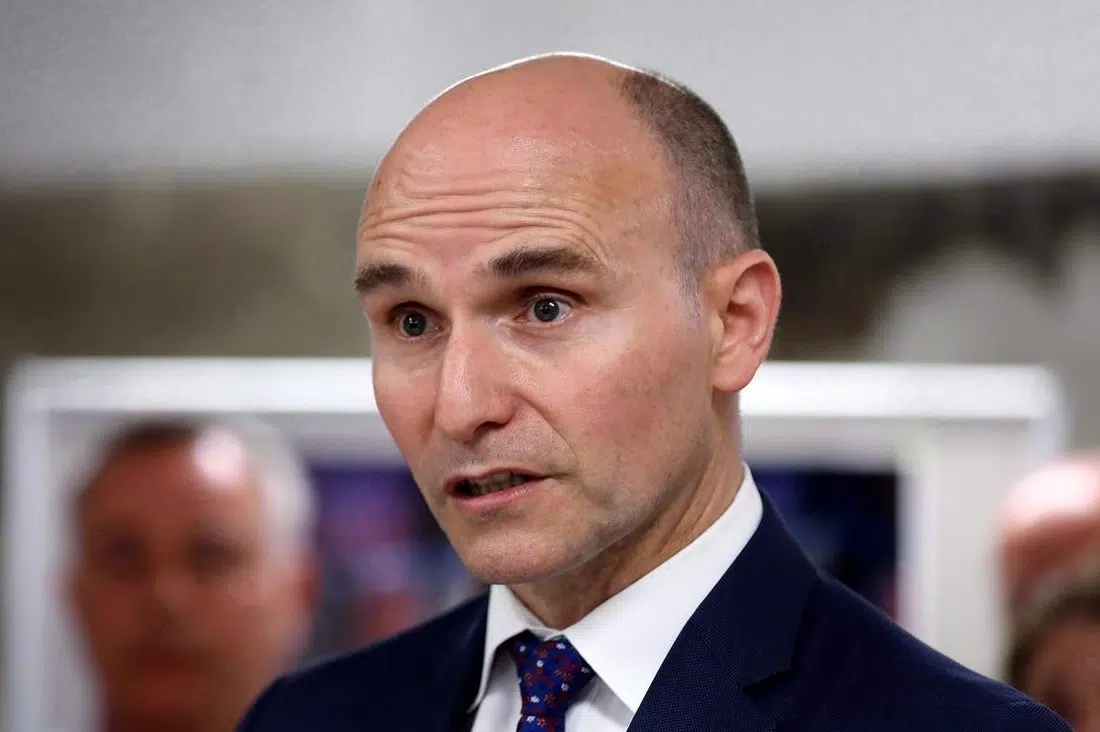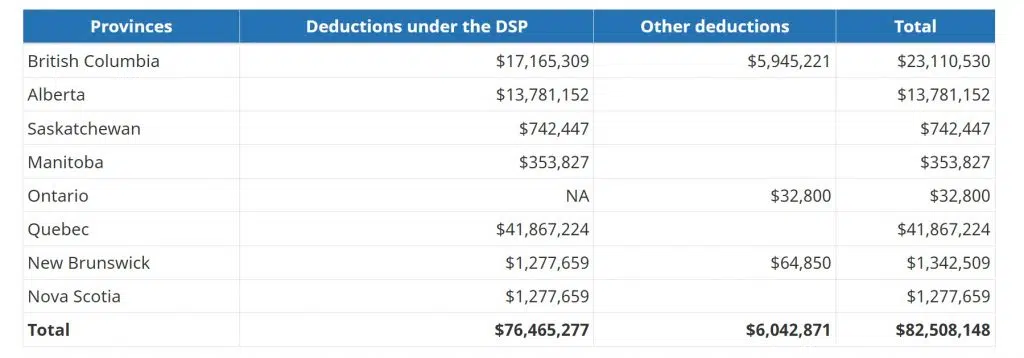Not long after agreeing to a health-care funding deal with the federal government, the Saskatchewan government is seeing some money go the other way.
Health Minister Jean-Yves Duclos announced Friday the federal government is clawing back $82 million in health transfers from eight provinces that the feds say charged patients for services that should have been covered by the provincial governments.
Saskatchewan is among the provinces that will experience reductions in their next health transfers from the federal government over fees charged to patients in 2020 and 2021. Most of the fees were charged for diagnostic services such as MRIs and CT scans.
Saskatchewan is getting $742,447 clawed back. Quebec is losing nearly $42 million in health transfers.
In 2020, the federal government enacted a policy on diagnostic services that ensured fees for tests like that were covered by the Canada Health Act’s single-payer policy.
The act allows the feds to reduce health transfers when provinces charge user fees for medically necessary health services.
“No Canadian should be paying out of pocket for medically necessary services and our government will not tolerate it,” Duclos said in a media release.
“As the nature of care evolves, we must protect Canadians’ ability to access medically necessary services free of charge – no matter how or where care is delivered. We will continue to work with provinces and territories to improve our health-care system in a manner that strengthens its public, accessible, and universal nature.”
In a statement sent to 980 CJME, Saskatchewan Health Minister Paul Merriman said the province was “deeply disappointed” in the move and laid out the details of the government’s system — initiated in 2016 — for private-pay MRI and CT services.
In Saskatchewan, private providers who do a private-pay scan must provide a second scan, free of charge, to a person who’s on the public waiting list. According to the province, the system gives patients more options for diagnostics and adds capacity to the publicly funded system.
“Our made-in-Saskatchewan approach to medical imaging has benefited not only patients looking for more choice in accessing these services but has also benefited the public system,” Merriman wrote.
“Since 2016, approximately 14,000 MRI scans and 1,000 CT scans have been provided under the two-for-one system to patients on public waiting lists at no additional cost to the public system or the patient receiving the reciprocal scan.”
Merriman added that Saskatchewan has been calling on the federal government for six years to discuss the merits of its approach, but the feds have yet to do so.
“Saskatchewan will continue supporting patient choice in a way that also supports the public health-care system,” Merriman wrote. “We call on the federal government to reverse its decision to claw back these dollars and to recognize the benefits that Saskatchewan’s unique approach has for both patients and the public health system.”
Duclos said he also has written to every province and territory to warn them about an increase in private fees being charged for other services, including virtual patient visits.
On March 1, Saskatchewan and the federal government reached an agreement in principle that will see $5.94 billion in federal funding flow into Saskatchewan over 10 years.
The deal provides the province with a one-time, $61-million investment and a $111-million annual cash injection into the province’s $6.4-billion health-care budget under bilateral agreements.
— With files from The Canadian Press












